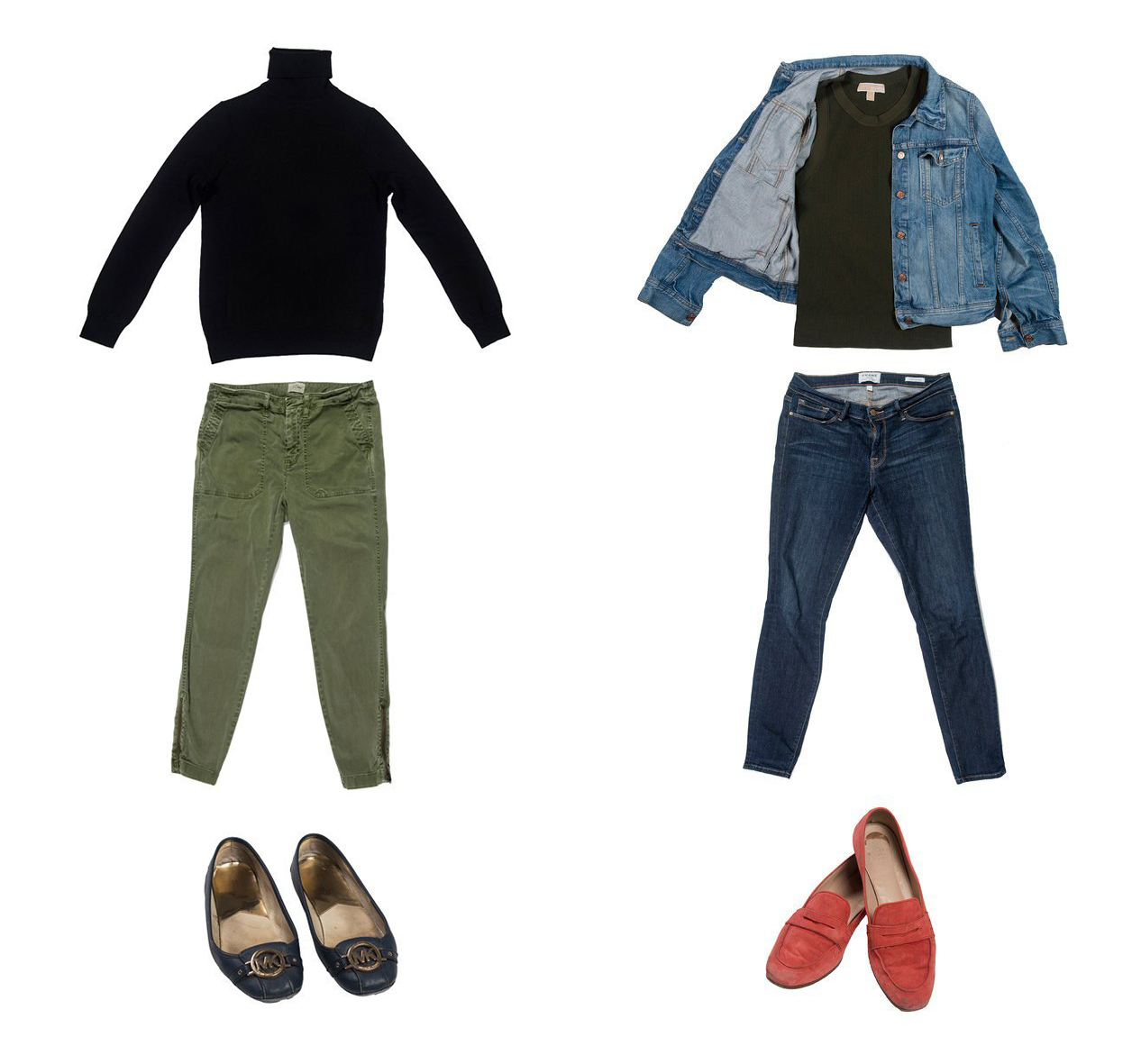
At Put This On, most of what we write about falls into two basic categories: dressing to make the right impression/make yourself look good, and dressing in a way that you enjoy–refining your personal style, getting inspired. The stakes are generally low. Sure, you want to wear the right clothes to your job interview, or melt faces with your new leather jacket, but mostly, all that’s at risk is your pride (and some money). In men’s style, that’s the luxury we have.
The New York Times published a really powerful essay by Eva Hagberg Fisher on how she navigated the process of filing a sexual harassment complaint, through the lens of the choices she made about her clothing and appearance. In order to be believable, our culture requires women in that situation to walk some very fine lines. As Fisher puts it, “you always want to stay ‘just plausibly sexy enough to look like you could have been harassed but 100 percent weren’t asking for it.’”
Over the last year and a half, I have needed a lot of outfits. I have also needed to be consistent. I have needed to be ready, at every moment, to be seen as both a poverty-stricken graduate student and a reliable adult. As an accuser, I need to be a news-team-ready correspondent and someone who certainly wasn’t doing this for the limelight. I didn’t know any of this when I started. I learned this all on the full-time job that is being an objector to sexual harassment in America.
Some of what I learned to wear I learned on my own, by thinking to myself about what I needed to exhibit. Some of it — you must always put your hair up and never show any skin — came from a politically savvy friend. She is the reason I’m wearing a black turtleneck on four news shows. I refused to be photographed at home, or sitting down. I wanted to project strength, and also a kind of neutrality.
It’s a really interesting, if depressing, piece, artfully written and presented, and even funny. And it’s another piece of evidence that our clothing choices are often our first invitation to others to make judgments about us, and something we should try to control. In most situations for men, we’re free to choose the impressions we want to make, rather than have what we need to do coded in unwritten, shifting societal rules, with our credibility on the line.